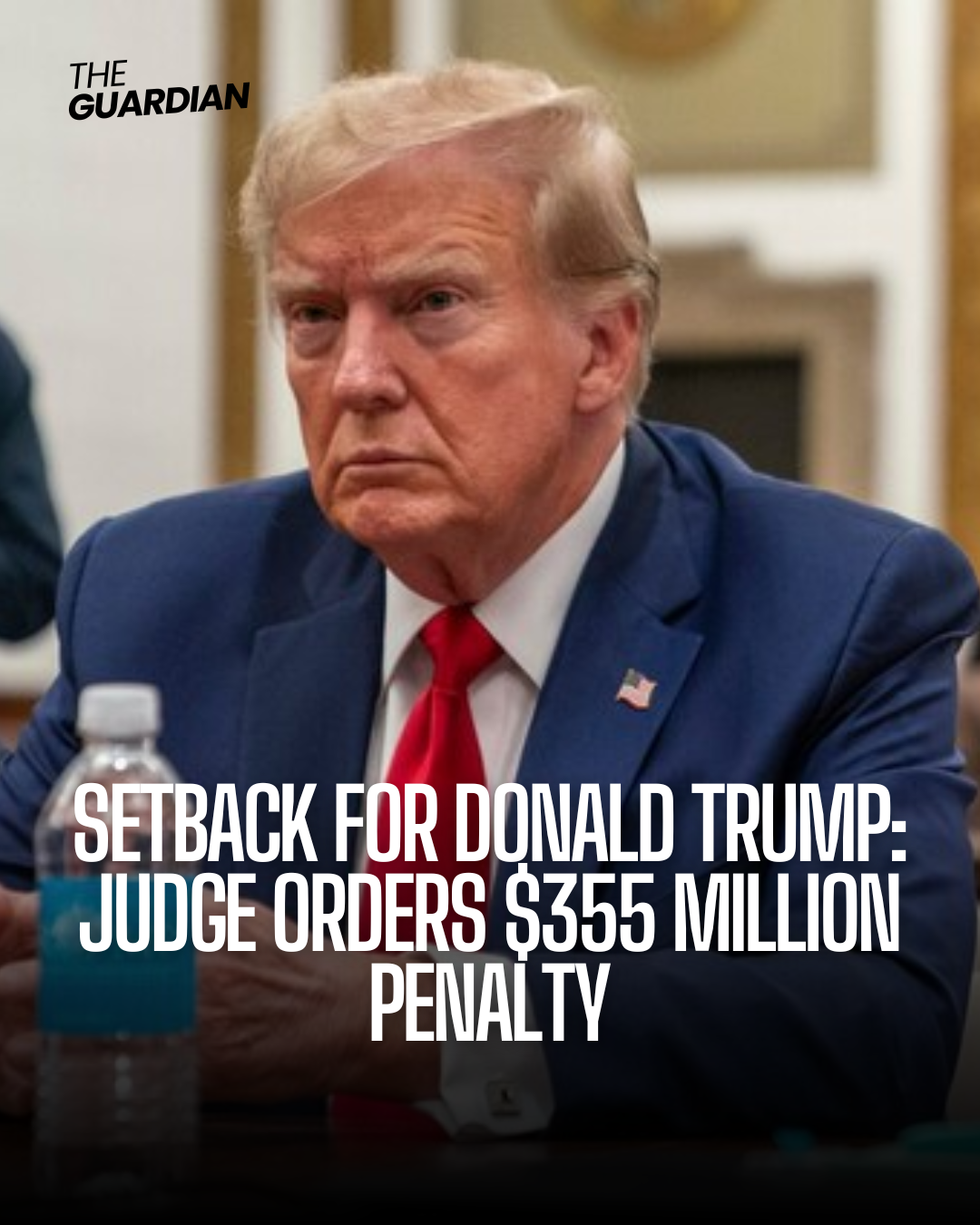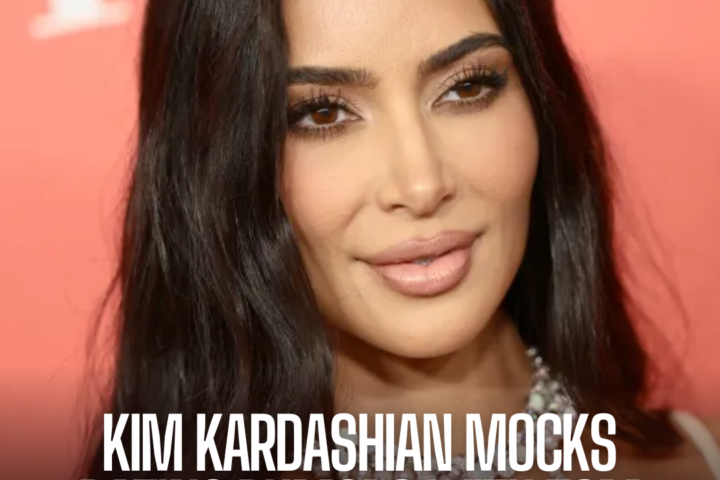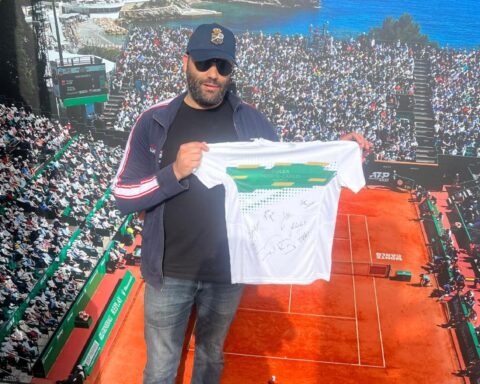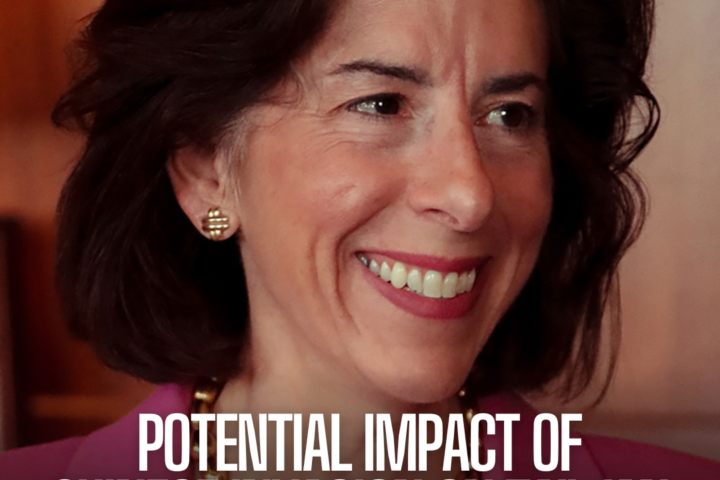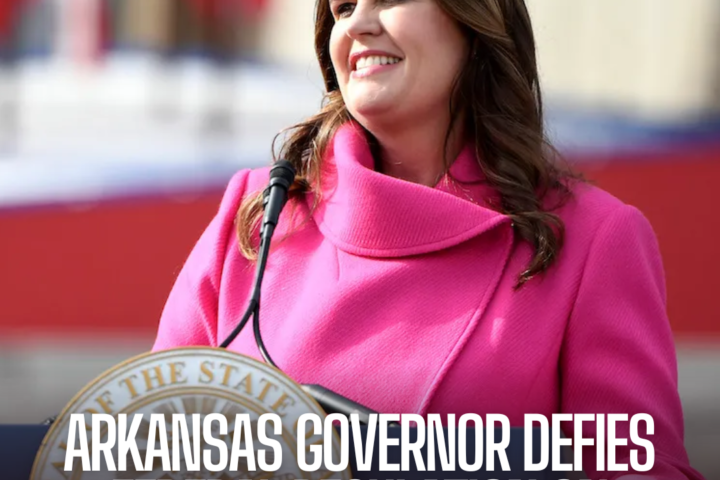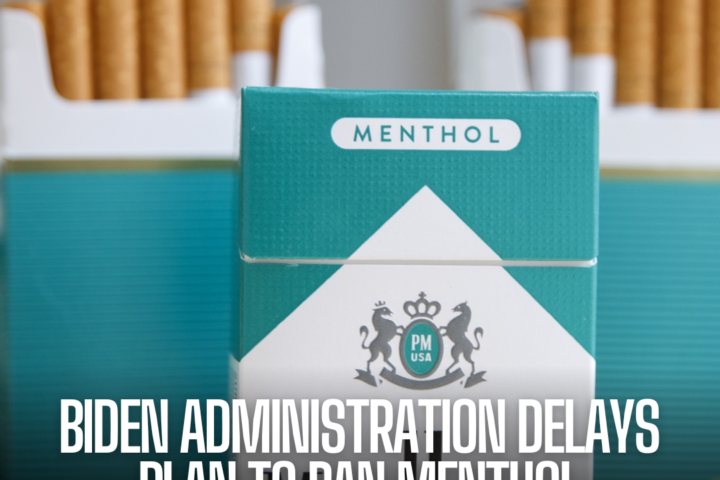Donald Trump suffered a significant legal setback on Friday as a New York judge ruled against him and his companies, ordering them to pay a staggering $355 million in penalties.
The judgment stems from what the judge characterized as a scheme to deceive banks and insurers by inflating Trump’s wealth on annual financial statements.
Denials and Allegations of Political Motivation:
Trump and his adult sons, who hold key positions in the Trump Organization, vehemently denied any wrongdoing, dismissing the case brought by New York Attorney General Letitia James as politically motivated.
Despite their protests, Judge Arthur Engoron’s ruling severely affected Trump’s legal defense and reputation.
In addition to the hefty monetary penalty, the ruling imposes significant restrictions on Trump’s future business activities. Engoron barred Trump from serving as an officer or director of any New York corporation for three years and prohibited him from obtaining loans from state-registered banks for the same duration.
Judicial Condemnation and Skepticism:
Judge Engoron’s scathing critique of Trump’s conduct during the trial underscored the severity of the ruling. He criticized Trump’s “complete lack of remorse,” describing his testimony as evasive and irrelevant. Engoron emphasized the need for serious consequences to deter further fraudulent behavior.
Impact on Trump Organization Leadership:
The ruling also impacts the leadership structure of the Trump Organization, with Donald Trump Jr. and Eric Trump facing restrictions and financial penalties.
Engoron’s assessment of their testimony reflects skepticism and disbelief, further complicating matters for the Trump family.
Trump immediately announced plans to appeal the ruling, decrying it as “election interference.” Meanwhile, Donald Trump Jr. took to social media to express frustration, alleging that political biases influenced the trial’s outcome.

